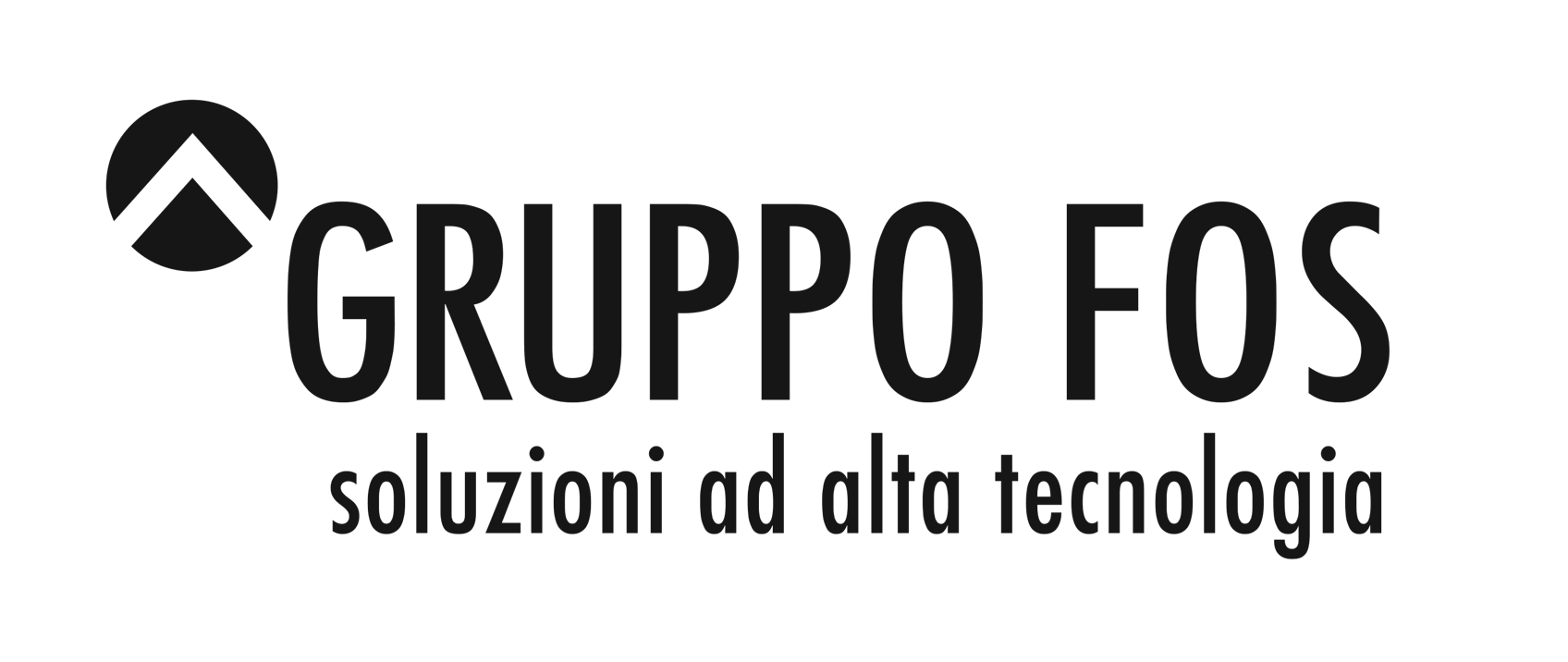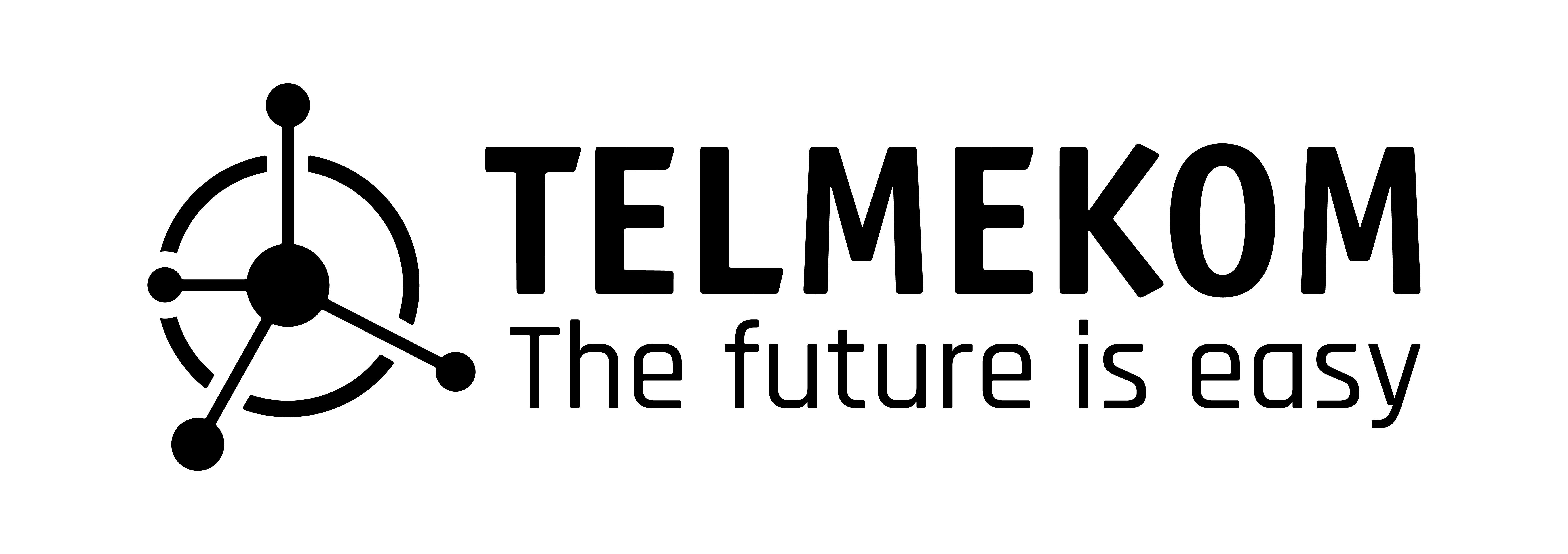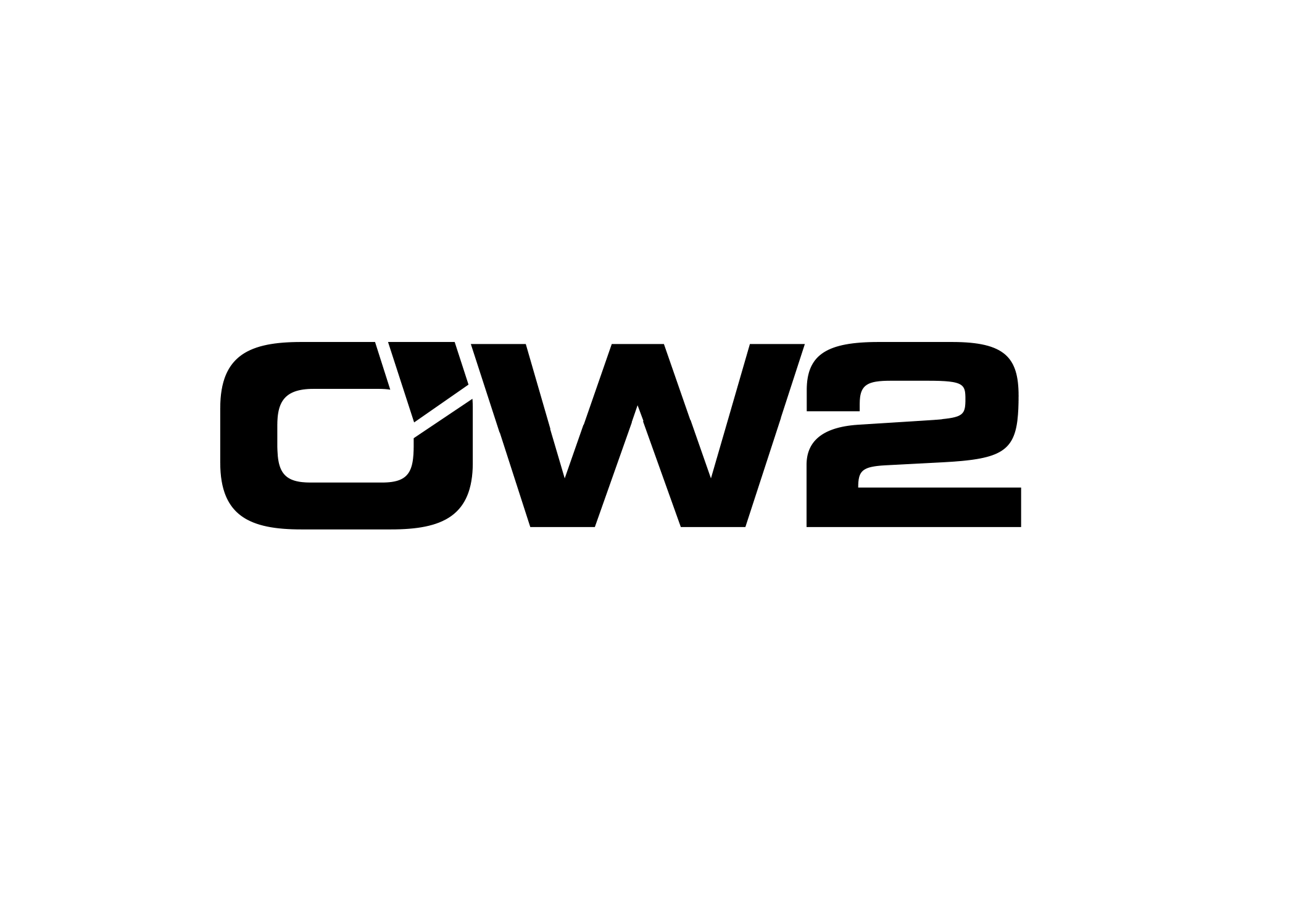Electronic waste, or e-waste, refers to discarded information and communications technology equipment such as laptops, smartphones, and large and small household appliances. In 2015, Achim Steiner of the UN Environment Programme (UNEP) described “an unprecedented tsunami of electronic waste rolling out over the world”. In 2016, 44.7 million tonnes of e-waste were generated, equivalent to 4500 Eiffel Towers. In 2019, the World Economic Forum determined e-waste to be the fastest growing waste stream in the world. In 2022, the amount of e-waste hit 59.4 million tonnes, a 33% increase since 2016. Given the economic, and not the technical logic driving the digital economy, devices are rendered obsolete before their time and the pile of e-waste continues to grow.
E-waste is the source of significant environmental harm. Production, transportation, and end-of-life treatment accounts for 80+% of a device’s carbon footprint over its operating life. Extracting rare earth metals consumes copious amounts of energy; moreover, mining is typically done in the Global South under miserable social conditions. The end-of-life treatment of e-waste means those same devices return to the Global South, resulting in toxic pollution entering the environment and harming workers.
Today, most devices have chips which need software to keep them running. Thus, software plays a crucial role in preventing e-waste: software determines a hardware’s minimum working requirements, and for how long a device remains safely in use. For most users, environmental harm driven by software has largely remained overlooked … let alone that we can already do something about it with Free Software.
In this talk I will provide a brief overview of the environmental harm from e-waste driven by software, and I will link the inherent values that come with a Free Software license to sustainable software design. By enabling full user autonomy and removing artificial vendor dependencies, Free Software means electronic devices that are otherwise unsupported by manufacturers remain in use. Lightweight and up-to-date software, free from bloat and energy-consuming ads, allows aging, less-powerful hardware to keep running and stay out of the waste bin. Software freedom means hardware freedom, and that means we are able to combat the environmental harm caused by e-waste with Free Software today.





























